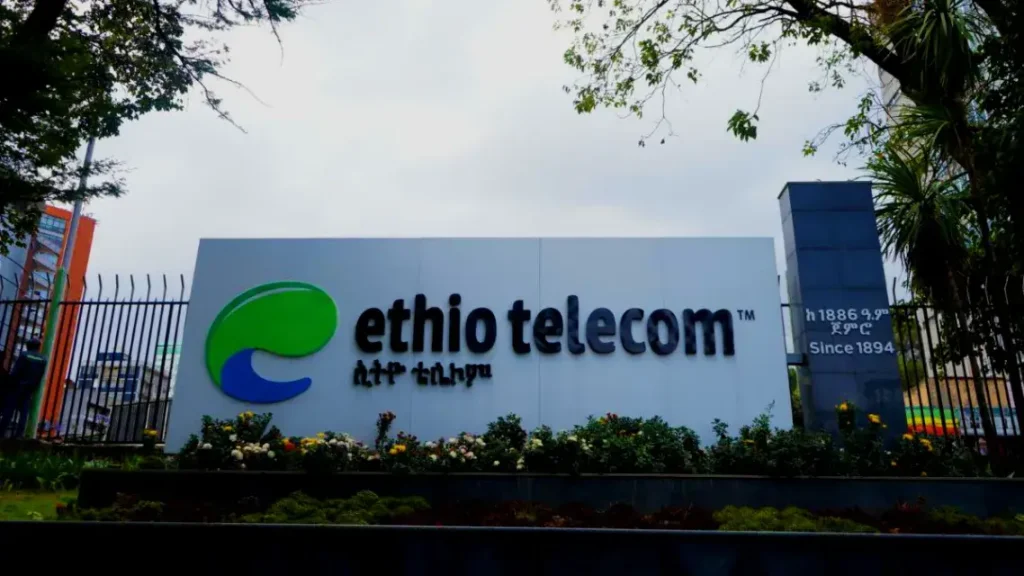Ethiopia’s government has initiated a public share sale for Ethio Telecom, the country’s largest state-owned telecommunications firm, as part of efforts to create a new national stock market. This landmark move will establish the Ethiopian Securities Exchange (ESX), the first stock market in Ethiopia since the 1970s.
Prime Minister Abiy Ahmed announced last Wednesday that Ethio Telecom, a 130-year-old enterprise, will offer 10% of its shares—amounting to 100 million shares—to the public. Only Ethiopian nationals can invest, with each person allowed to purchase a maximum of 3,333 shares at a price of 300 birr (approximately $2.50 each).
The company will now operate as Ethio Telecom PLC. During the announcement, Prime Minister Abiy emphasized that the share sale marks a significant milestone in Ethiopia’s transition from political revolution to economic evolution. He stated that this initiative lays the foundation for a stock market and enhances public ownership of one of the nation’s leading state-owned enterprises.
Historically, Ethiopia has been cautious about privatizing its state-owned companies, retaining control over critical sectors such as banking and telecommunications. However, this new initiative raises concerns among some economists, including Kibur Gena, executive director of Initiative Africa. He warns that the share sale could disproportionately benefit wealthier Ethiopians, limiting broader public participation and potentially deepening economic inequalities.
Kibur argues that such privatization efforts should be more equitable to ensure that economic benefits reach marginalized communities. While Ethio Telecom claims it aims for inclusivity by allowing investments starting at 33 shares (9,900 birr or $82), many Ethiopians earn less than this amount in a month, according to World Bank data.
Kibur notes that the slow pace of privatization reflects a strategy to protect national development goals and maintain economic sovereignty. He argues for a gradual approach to privatization, supported by strong regulations to ensure long-term social stability rather than short-term market gains.
In 2023, Ethio Telecom reported revenues of approximately $829 million and profits of $239 million, outperforming all other domestic and foreign firms in Ethiopia. Prime Minister Abiy reassured potential investors about the company’s profitability, indicating that the government may consider selling stakes in other sectors, including Ethiopian Airlines and hospitality services, in the future.

